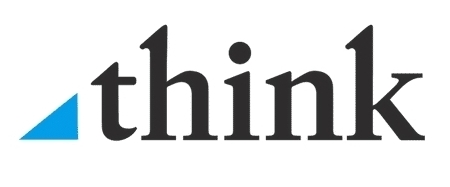
Monmouth Junction, N.J.-based Kanvas Biosciences has raised $3.9 million, as it builds what is being called the world’s first microbiome drug screening and drug discovery platform. Last year, the company raised $12 million in a pre-Series A round led by West Coast firm DCVC, with participation from Lions Capital, Cooke, Uncommon Denominator and Triple Impact Capital.
Co-founded by Matthew P. Cheng, an infectious disease specialist and medical microbiologist, Kanvas is leveraging technology licensed from Cornell University, and the acquisition of Federation Bio, which created therapies containing controlled mixtures of gut bacteria.
‘Breakthrough Discovery Platform’
“Our technology takes the gastrointestinal tract and the microbiome from black box to transparent and measurable terrain,” Cheng, the company’s CEO, said after its pre-Series A.
“We are thrilled to drive forward the development of life-saving treatments for some of the world’s most common conditions.”
By combining a breakthrough discovery platform with first-in-category manufacturing of Federated Bio, Cheng said he believes Kanvas has “created a company that’s uniquely positioned to realize the promise of microbiome science.” Cheng has previously researched and taught at Canada’s McGill University, where he also obtained an M.D. He also has a master’s degree from the Harvard School of Public Health.
Commercial Real Estate
MacKenzie Companies
Law
Nemphos Braue
Financial Services / Investment Firms
Chesapeake Corporate Advisors
Commercial Real Estate
Monday Properties
Venture Capital
Blue Delta Capital Partners
Internet / Technology
Foxtrot Media
The microbiome has long been associated with inflammatory bowel disease and colon cancer, but emerging data suggests far-reaching significance in conditions ranging beyond the gastrointestinal tract. It is believed that gut health impacts cardiovascular disease, metabolic disorders and cancer immunotherapy treatments, among others.
Leveraging AI
Kanvas uses cutting-edge imaging tech to detect microbiomes. Its technology platform enables “highly multiplexed spatial profiling” of microbial species that is not possible in simpler analysis of samples. The platform not only determines the identity and function of these microbes, but also maps the host’s corresponding local response. Even more crucially, it enables discovery of novel, live biotherapeutic products, and identification of disease-associated microbes for diagnostics.
Like most drug development firms, Kanvas uses AI for processing and interpreting hyperspectral image data at the single-cell level. This hypothesis-free framework allows it to build microbe-microbe and host-microbe interaction maps, according to the company.







































